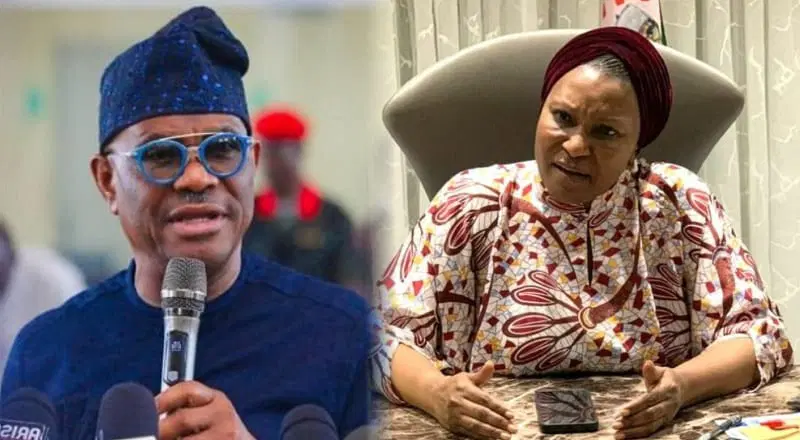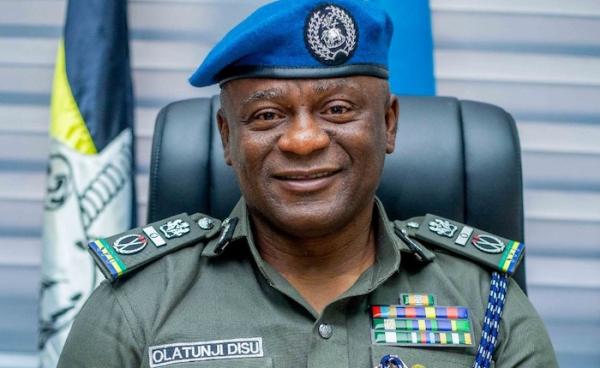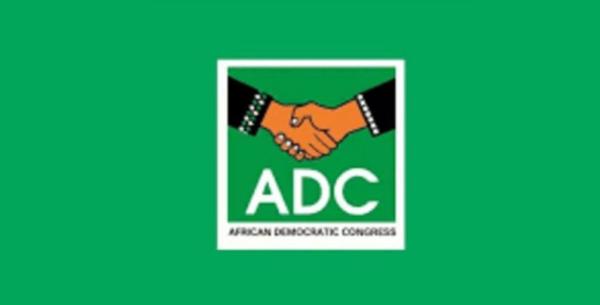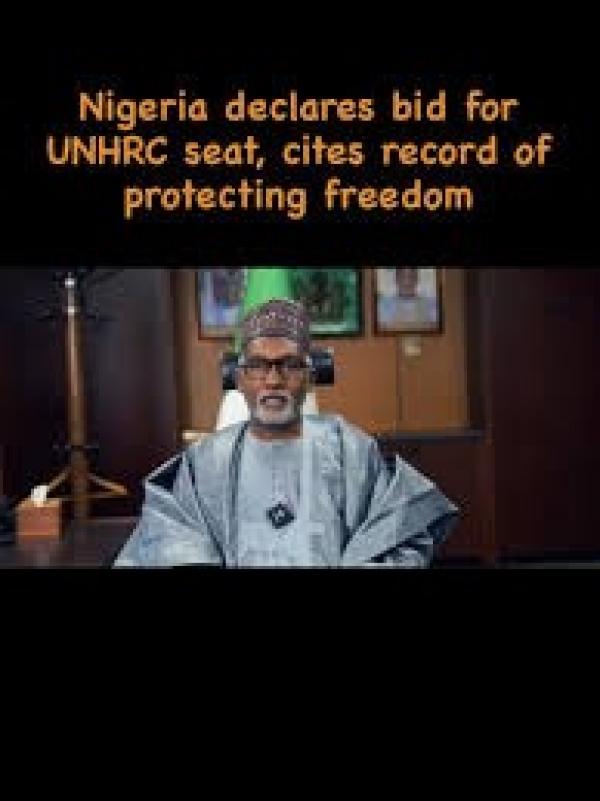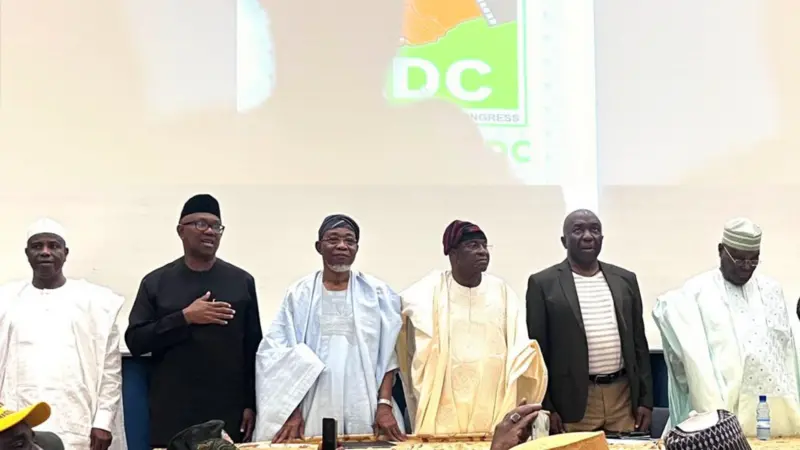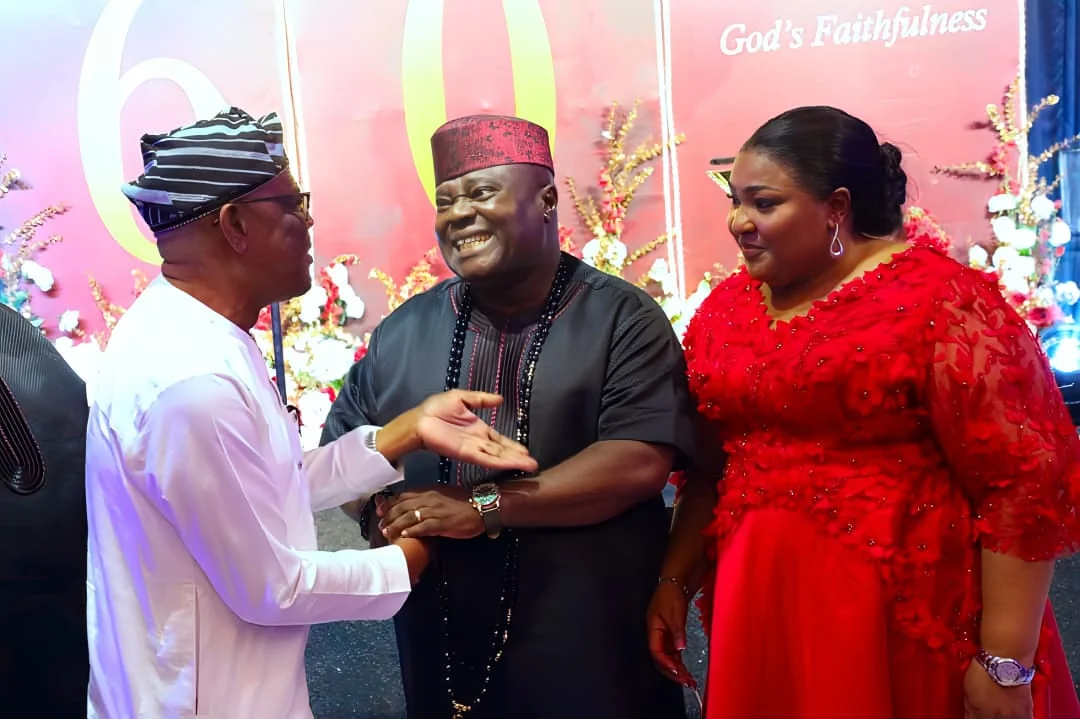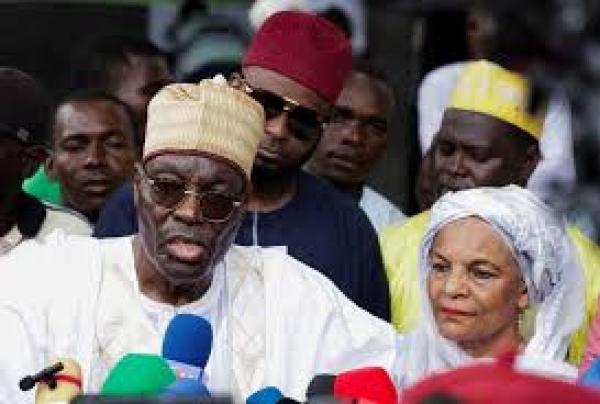
Cameroon’s opposition challenger Issa Tchiroma Bakary claimed election victory on Tuesday against incumbent President Paul Biya, who has been in power for 43 years, although official results for the weekend vote are not expected for two weeks.
“Our victory is clear. It must be respected,” Tchiroma declared in a post on Facebook.
He urged the government to “accept the truth of the ballot box” or “plunge the country into turmoil” and promised to publish detailed results by region.
“The people have chosen,” he added.
While the tally sheets are allowed to be published, final official results must be announced by the country’s Constitutional Council — a “red line that must not be crossed”, according to the government.
In the 2018 presidential election, opposition challenger Maurice Kamto declared himself winner the day after the vote.
He was subsequently arrested and his supporters’ rallies were dispersed with tear gas and water cannon, with dozens arrested.
Biya, the world’s oldest serving head of state, is vying for an eighth term to extend his decades in power.
But former employment minister Tchiroma generated unexpected enthusiasm among voters in the central African nation and a duel had been emerging, with supporters on both sides claiming victory.
Images of sheets and blackboards tallying the results have circulated on social media, fuelling the victory claims among both Biya and Tchiroma’s camps.
Lively campaign
Biya faced 11 opponents, including Tchiroma, who resigned from the government in June to join the opposition after 20 years at Biya’s side.
He became the leading challenger after Kamto was barred from standing by the Constitutional Council.
Biya has been in power since 1982 and has won every election in the past 20 years with more than 70 percent of the vote.
Most of the eight million Cameroonians who were eligible to vote in Sunday’s one-round election have only known one ruler in their lifetime.
Cameroonian political scientist Stephane Akoa told AFP before the vote: “We shouldn’t be naive. We know full well the ruling system has ample means at its disposal to get results in its favour.”
But he said that the campaign had been “much livelier” during the final days than was usually the case at that stage and the vote was “therefore more likely to throw up surprises”.
When Biya first became president in 1982, US president Ronald Reagan’s era was in full swing and the Cold War had nearly a decade to run.
Biya, Cameroon’s second head of state since independence from France in 1960, has ruled with an iron fist, personally appointing and dismissing key officials and ruthlessly repressing all political and armed opposition.
He has succeeded in holding onto power through social upheaval, economic disparity and separatist violence.












